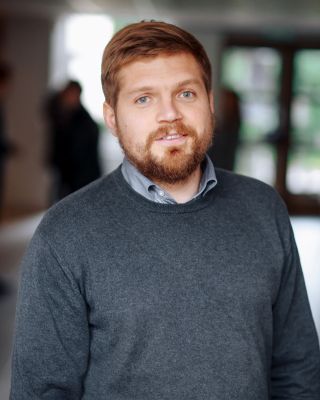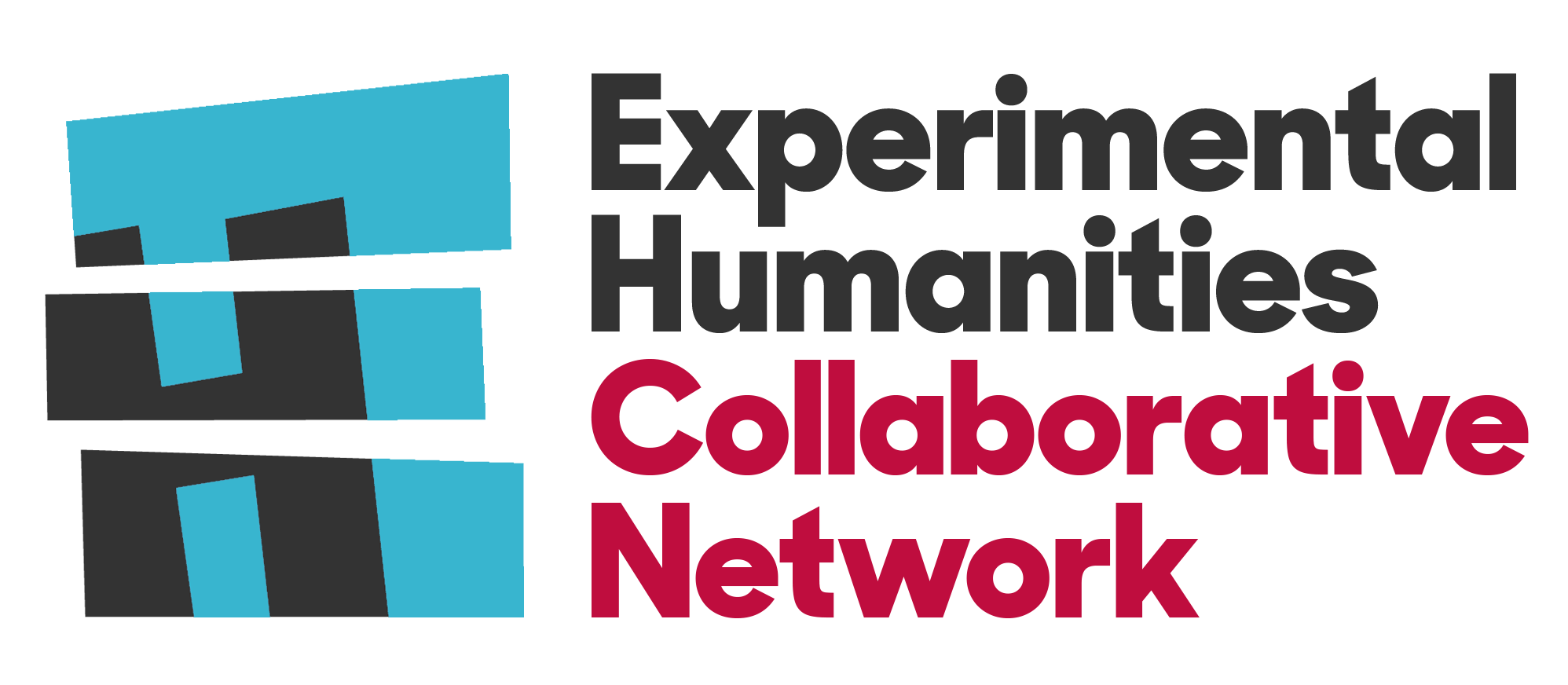Welcome to The Experimental Humanities Collaborative Network
Re-tooling a Nuclear Town: Guest Lecture
Conducted via zoom, connecting Tempe, Arizona (USA) and Vilnius, Lithuania.
European Humanities University Siarhei Liubimau is a co-founder and lead of the Laboratory of Critical Urbanism (2007) and Associate Professor at the Department of Social Sciences at the European Humanities University in Vilnius (2014). For his doctoral research, he worked with the issue of trans-border urbanism and studied changes of EU internal and external border regimes as urban scale specific processes. Empirically, he worked on towns on the German-Polish and Polish-Belarusian borders (Institute of Philosophy and Sociology, Polish Academy of Science, 2005-2010), as well as with the borders of Luxembourg (Bauhaus-Dessau Kolleg 'EU Urbanism', 2006-2007). Starting from 2015, he has been engaged in the Laboratory of Critical Urbanism in various research, educational and soft planning projects in the former 'nuclear' town of Visaginas in Eastern Lithuania (satellite of the decommissioned Ignalina Nuclear Power Plant). Together with Benjamin Cope, he has edited a book 'Re-Tooling Knowledge Infrastructures in a Nuclear Town' (2021), documenting LCU work in Visaginas in 2016-2020. From 2018 he is part of CityIndustries research network. He has been a fellow at the Central European University (Budapest), the Institute for Human Sciences (Vienna) and the Helsinki Collegium for Advanced Studies. Jen Richter is an assistant professor in the School for the Future of Innovation in Society and School of Social Transformation at Arizona State University. She is also a senior sustainability scientist with the Julie Ann Wrigley Global Institute of Sustainability and Innovation at ASU. Her research interests are at the intersections of science, environment, and society, and she teaches courses on environmental justice, science and society, and energy policy. She is especially interested in how federal policies are created and then taken up by local populations, specifically in the American West. Professor Richter focuses on energy justice, specifically in relation to the cultural, political, and environmental issues that come with larger energy transitions. Her research has focused on the environmental and social issues related to nuclear waste storage, and renewable energy production, and how policies are developed to address issues of production of resources, as well as contamination of land, water, and air. By examining how science and technology policies collide with local expectations and understandings of environment and politics, Professor Richter explores the different effects of energy technologies and policies, and their effects on society at different scales, from the local to the global.Siarhei Liubimau

Jen Richter


